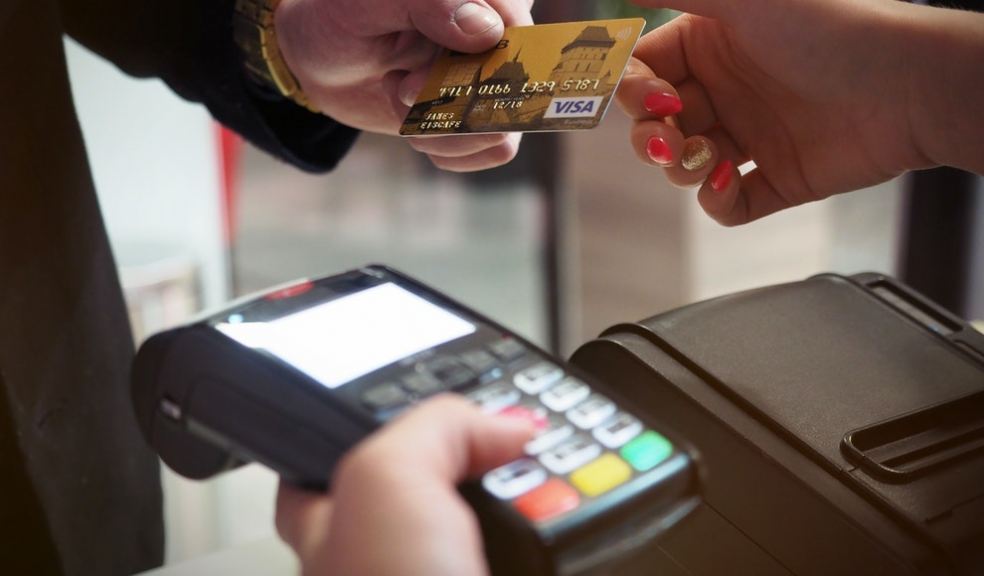
Do Businesses in Devon Need to Start Preparing for a Cashless Future?
Handing over metal coins and sheets of paper in exchange for goods and services has always been widely accepted without a second’s thought. But is this now becoming an outdated concept?
With the rise of technology and the internet, new ideas about how to conduct transactions have emerged. The modern age has brought about more efficient systems that are now threatening to render physical money obsolete. The question is, should businesses in Devon start preparing for a potentially cashless future?
How Many People Still use Cash?
Research has found that cash use is still prevalent among UK citizens aged 65 and over, with one in five using physical money on a regular basis. It’s clear that cash use is on the decline, though, with around 34 percent of the population still using cash and coins for payments. It has been estimated that cash payments in the country could be nearly eliminated by 2026, so people who are still heavily reliant on cash may need to adapt to the new situation.
The need for cash in modern times initially declined due to the convenience offered by contactless card services. Transactions using this form of payment went from around 43 million in 2015 to almost one billion in 2020. Along with this option, physical shoppers can now use their smartphones to conduct transactions. 55.5 million people in the country own a smartphone, equating to just over 82 percent of the population. This means that most people can scan QR codes or perform bank transfers from their mobile screen when paying for items or services in physical locations.
Online Services Led to the Rise of Alternative Payment Systems?
There’s no doubt that the rise of the internet and online services have led to greater trust in payment systems, along with a much more varied selection of options. PayPal is one of the most famous platforms available now, and it’s used by over 20 million shoppers in the UK. It was able to build up a solid reputation as the main payment option for eBay, and consumers grew familiar with it over the course of more than a decade. Since it was spun off from the online trading platform in 2015, it capitalised on this trust and became one of the most important financial service companies in the world.
It is estimated that 87 percent of UK households make online purchases, where cash is not a possibility. It means that they must choose between using card or other options such as PayPal or cryptocurrency. Businesses that market themselves to UK customers have realised that by offering a broad choice, they can attract more custom. Some of the top online stores in the country are Tesco, Argos, and Curries. All these sites accept a diverse range of payment options to appeal to as many people as possible.
The entertainment industry follows suit with this theme. New slot sites in the UK have taken inspiration from these companies, with varied payment methods being among their main draws. All the best sites listed include varied payment options that include eWallets and PayPal. When players see that they can use these methods, it helps them to feel that a site is trustworthy.
How Can Businesses in Devon Adapt?
The disappearance of cash could be a good thing for business owners in Devon for several reasons. The most striking is the fact that holidaymakers who come from abroad will no longer need to exchange their own currency to spend in businesses in the popular county. The southwest is the most popular area of Britain for overnight trips, and the region welcomes around 19 million people every year. This equates to approximately £4 billion in revenue. It’s clear that businesses need to have the most up-to-date methods in place to take advantage of this thriving tourism sector.
Businesses in the county can adapt by setting up accounts with as many different payment options as possible. Using technology in the shop means that it can be fast and easy to process payments without having to have any human contact. Digital alternatives to cash can also reduce the chances that people are going to attempt to steal from shops.
With many analysts predicting the disappearance of cash within the decade, there is no doubt that businesses in Devon need to adapt. By getting used to new-fangled payment systems now, real world businesses can get ready for this future. With the internet now being ubiquitous, it shouldn't be too hard to make the transition.













